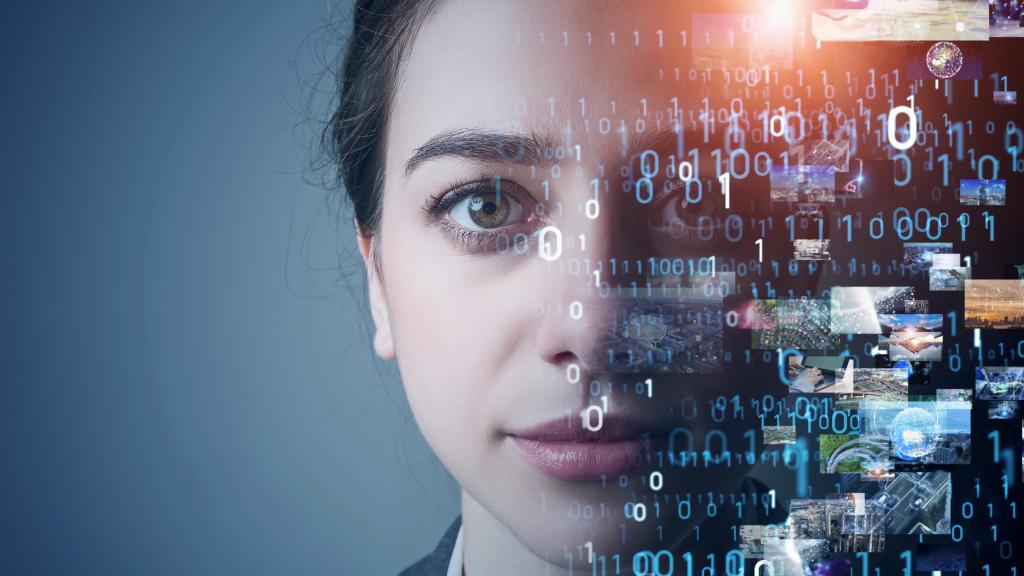
Artificial Intelligence (AI) has become a pivotal tool for creators and influencers. As AI technologies advance, they offer unprecedented opportunities for enhancing content creation and distribution – as well as impersonating another person. Deepfakes are incredibly realistic, making it difficult to distinguish between real and manipulated media. These advancements are accompanied by complex legal considerations, particularly concerning image rights in the laws of England and Wales.
Image Rights
Image rights refer to the right of an individual to control the commercial use of their identity, including their likeness, personality, or any other distinctive traits. In England and Wales, while there is no specific ‘image right’ law, there are a patchwork of different legal options to help protect and enforce these rights indirectly.
Legal options:
- Copyright: copyright protects original works of authorship, including photographs and videos featuring creators or influencers. The Copyright, Designs and Patents Act 1988 provides the basis for copyright protection in England and Wales. If you have taken a photograph or video, you are usually the owner of the content (there are some exceptions to this), but on the basis that you are the copyright holder, you have the ability to prevent another from misusing your copyright protected work – including using it to generate AI generated works – like further versions or altered versions of the content.
- Trade mark protection: If a creator’s image or persona is used as a brand identifier, it may be possible to obtain trade mark registration to protect the branding. Registering a trade mark can safeguard against unauthorised use of a creator’s brand, logo, name or motion mark under the Trade Marks Act 1994 – giving you the ability to enforce your government endorsed rights against another. Reach out to us if you would like to understand what, if anything, you should be protecting.
- Passing Off: passing off is a common law tort that protects the goodwill associated with a person’s name or image from being misrepresented or used without consent. Passing off requires a three part test to be met in order for you to be able to claim it against another. We suspect to see an increase in passing off cases as more deepfake and AI generated content arises.
- Privacy law: The Human Rights Act 1998 incorporates the European Convention on Human Rights into domestic law, which includes respect for private life under Article 8. If private information is being shared on social media, there is a balancing exercise required to determine whether the need for public knowledge outweighs the right to privacy of that information. In addition, there is debate over whether deepfakes depicting a person’s face constitutes personal data and thus whether the UK GDPR applies – meaning that there could potentially be a basis for an erasure request.
- Criminal aspect of explicit deepfakes. Recent changes in UK law brought in by the Online Safety Act 2023 have criminalised the sharing or threatening to share intimate deepfakes – but it does not currently apply to the creation of deepfakes. However, the Government have announced that they intend to address the creation of such deepfakes by criminalising the act of creating a sexually explicit deepfake even if they have no intent to share it but want to cause distress or humiliation. This new law is intended to come into force upon the enactment of the Criminal Justice Bill which continues its passage through Parliament.
The reality is that our current laws were not devised, and did not anticipate the creation of real-time, realistic deepfake personas, which means there are significant gaps in our current legal landscape. This is where an awareness of intellectual property protection, like trade marks, can help bolster your enforcement abilities in the event your image is manipulated and/or used to create deepfake or other AI generated content. The legal landscape in this space is still immature and is yet to see cases evaluated and considered by the courts.
Creators who use AI should ensure they are complying with intellectual property rights, data protection and wider privacy laws. Please reach out if you have any questions or concerns.
Amy Ralston is an Associate at Stephens Scown who specialises in influencer marketing, intellectual property and technology law.
